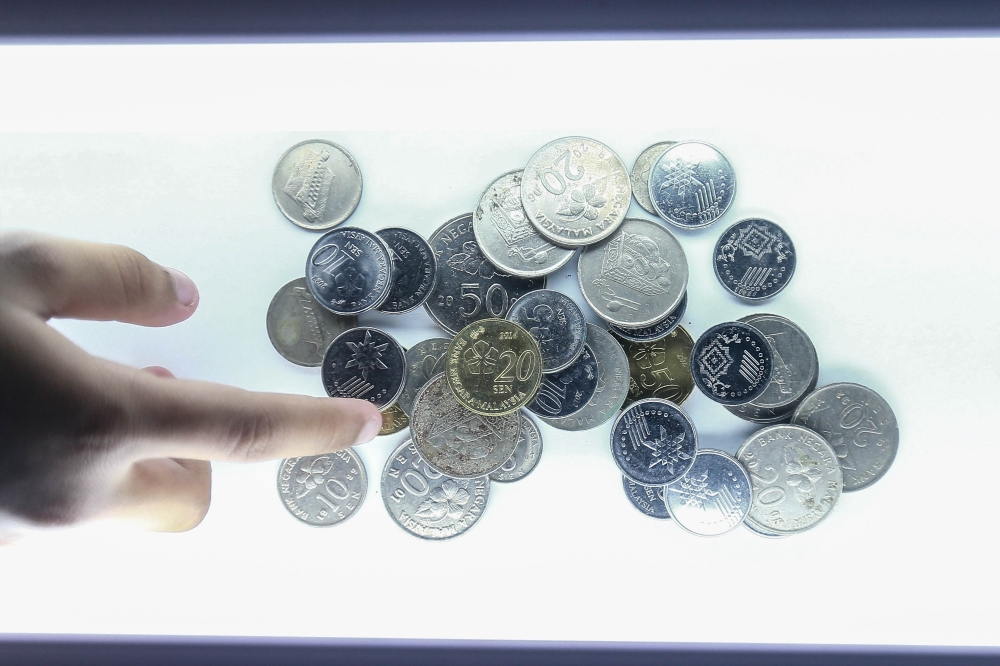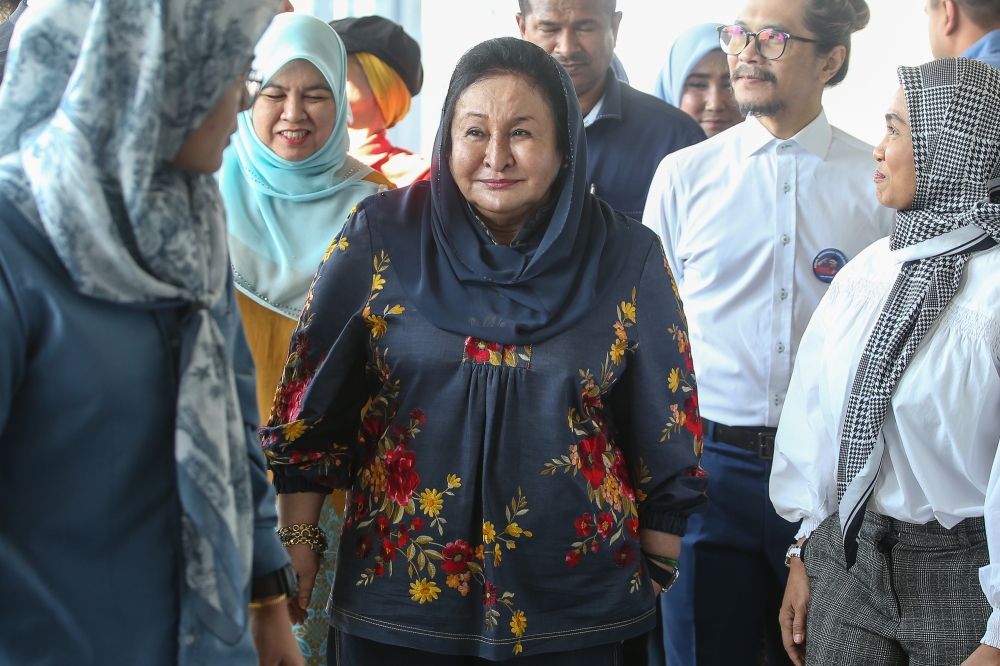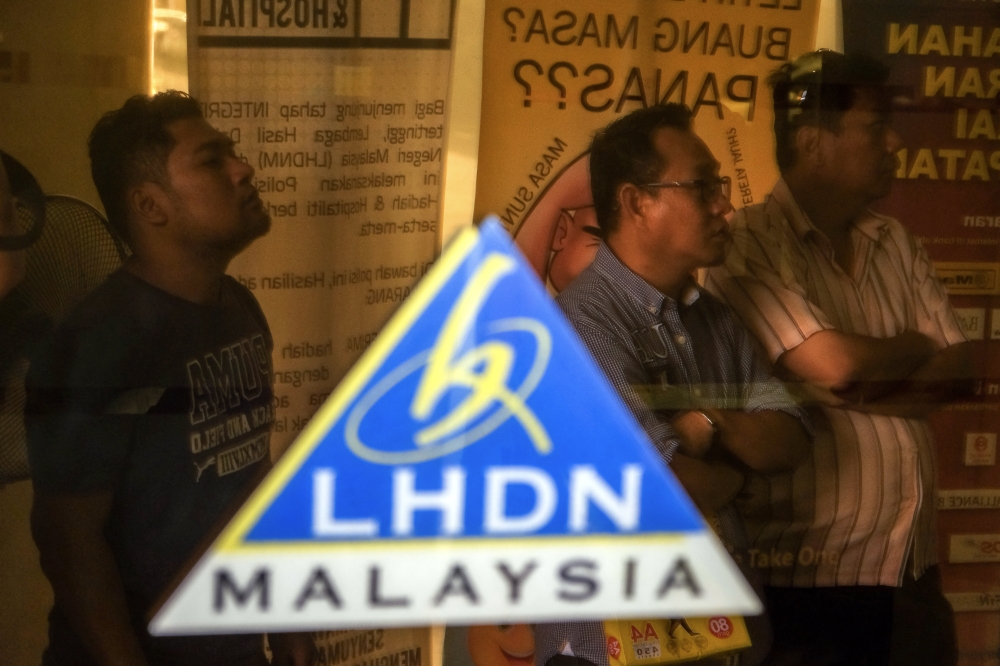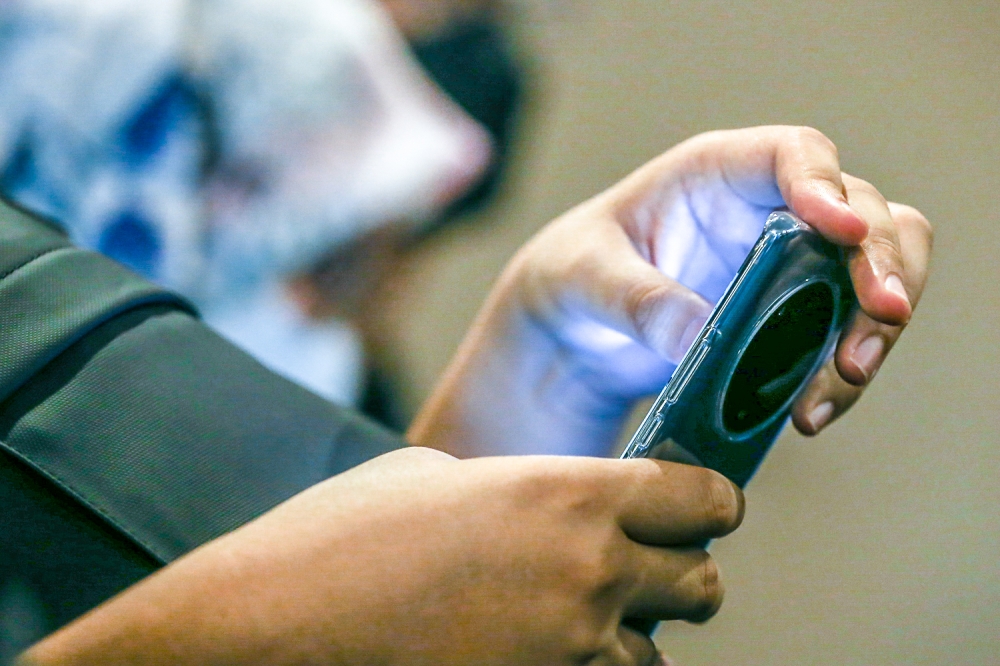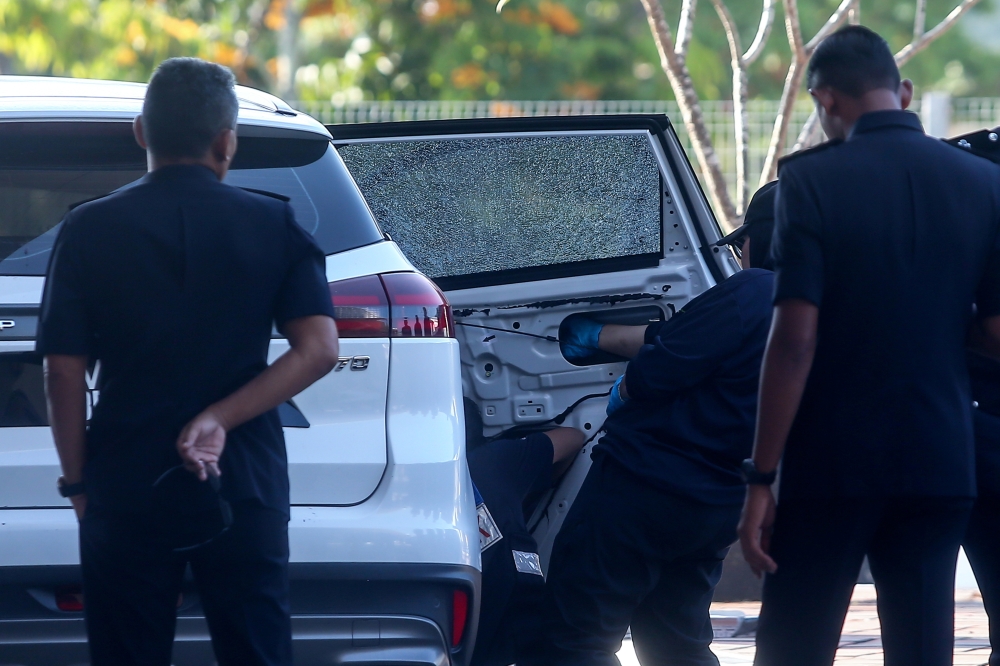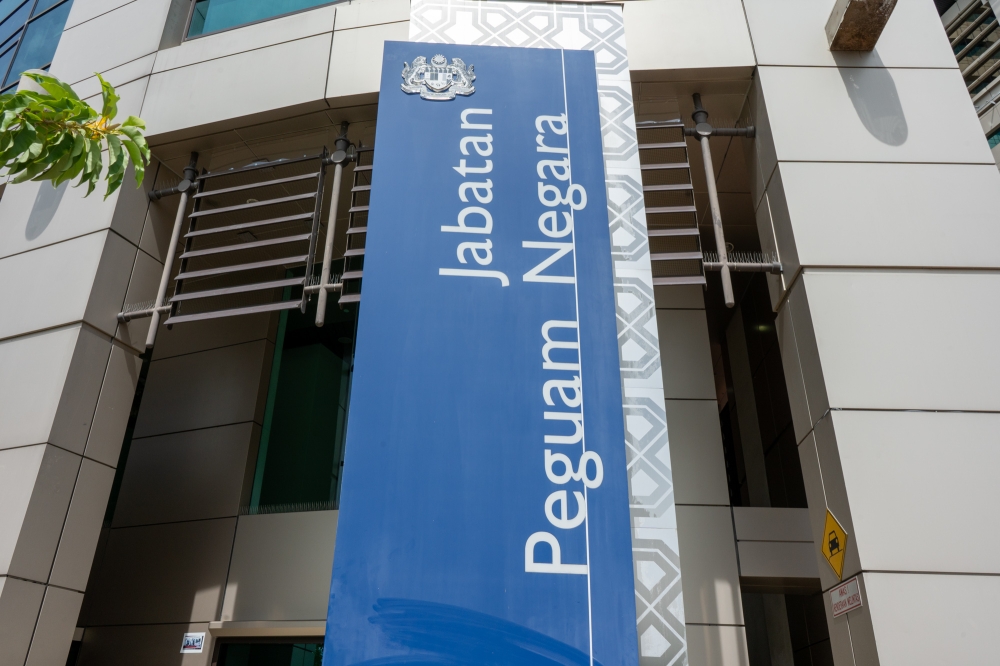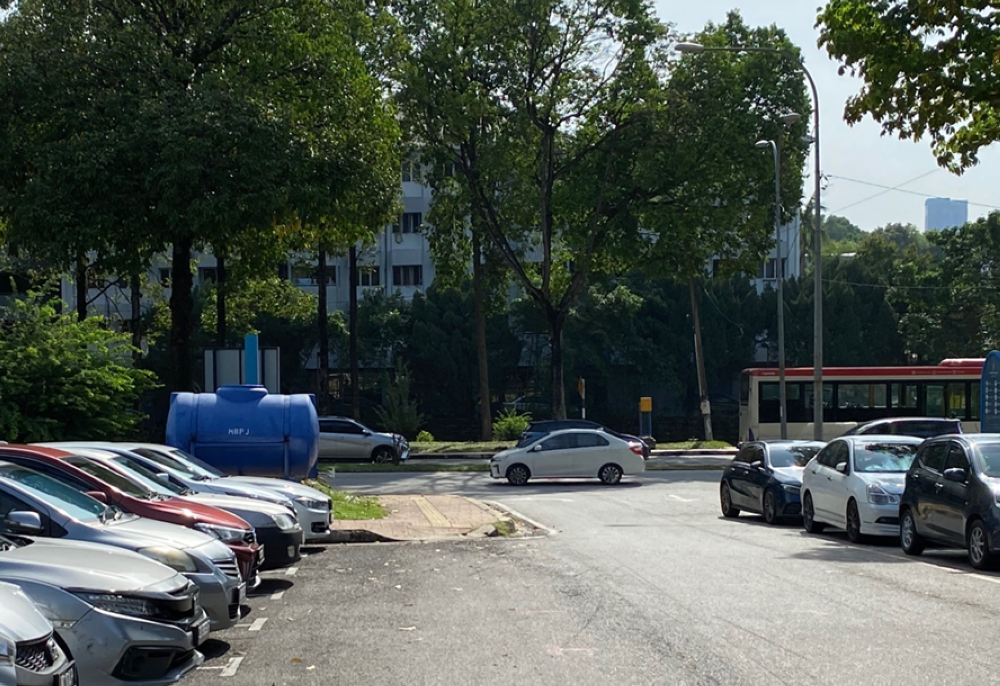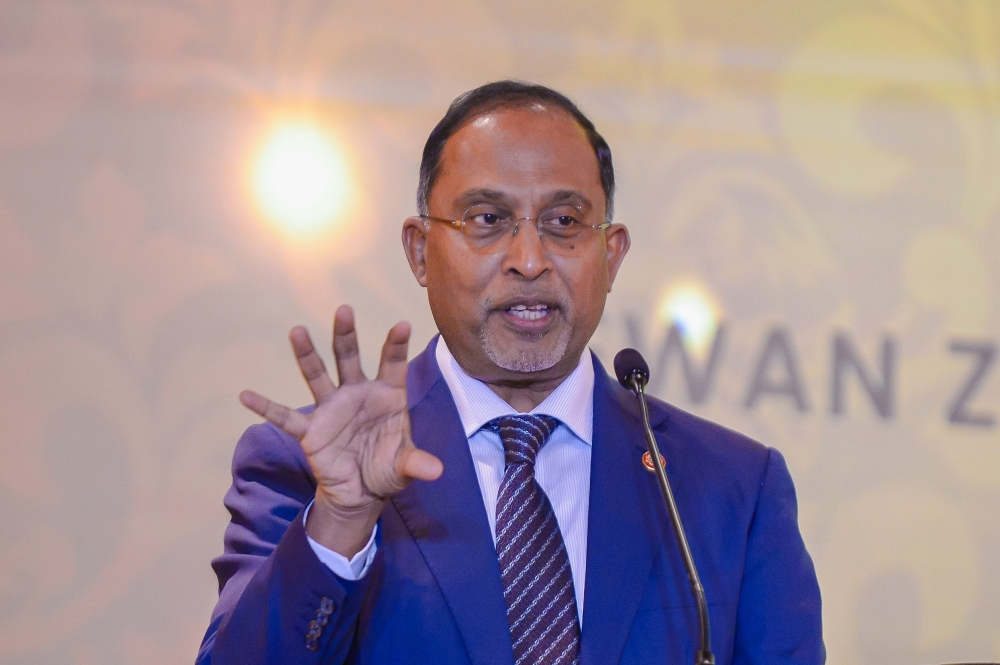APRIL 3 — For the longest period of time, people living in the Autism Spectrum Disorder (ASD) has always been regarded as being difficult, stubborn and non sociable.
The understanding of autism has evolved significantly over time, from its early identification in the early 20th century as symptoms resembling childhood schizophrenia to its recognition as a spectrum disorder by researchers like Leo Kanner and Hans Asperger in the mid-20th century.
The Diagnostic and Statistical Manual of Mental Disorders (DSM) played a pivotal role in standardising autism diagnosis, leading to subsequent revisions recognising autism spectrum disorder (ASD) and its varying severity levels.
Advances in neuroimaging, genetics, and neuroscience have deepened our understanding of autism's biological basis, while a shift towards neurodiversity emphasizes acceptance and accommodation.
Early intervention, such as applied behavior analysis (ABA), has become crucial for improving outcomes, alongside advocacy efforts to raise awareness, challenge stigma, and promote inclusion of autistic individuals.
This evolution underscores the complexity of autism and the need for a holistic approach to address the diverse needs and strengths of individuals across the spectrum.
FRHAM, being an organisation that focuses on reproductive health rights on young people, feels strongly that people with ASD, due to their inability to verbalise or articulate an incident, one in four children have the propensity of being sexually abused by the people who know them.
Knowing very well these children can be ‘non verbal’, this horrendous act is done on them by the perpetrators knowing very well they can escape scout free.
ASD is a complex condition that leads to challenges with social communication and interaction, and repetitive behavior. It’s a condition that may deprive people living with ASD to their rights such as sexual and reproductive health and rights.
According to Ministry of Health, in 2021, a total of 589 children aged 18 and below have been diagnosed with autism, a significant 5% higher than 562 children in 2020. However, according to Wise Voter,
Malaysia’s total population with autism ranked 50 and child population with autism ranked 57, globally.
Society has to be mindful that the magnitude of burden undergone by family members of people living with ASD is immense; and in most occasions is like “drifting helplessly” in a raging ocean.
This is especially when they are not receiving support from any quarters especially those from the B40 community.
Juggling all the hurdles and being on the receiving end of constant discrimination and ridicule, an act of sexual abuse suffered by these children suddenly come into the picture; will literally break the family unit who are already on the brink of misery.
The saddest part of someone with ASD is that you are already classified to be different and challenged and society views you differently. But, the most important one has to be remember, is ‘to have different sets of ability’ doesn’t make a person disable.
They are differently-abled, but with the right tools, methods and guidance, they are just as capable, if not more so than the ordinary person out there.
Lack of awareness and ignorance are two factors stopping people with ASD in getting help and support.
Support can only be provided if there is an inclusive program right from the very age. Teachers, caregivers, parents and other agencies should speak in one voice for the betterment of people with ASD.

At FRHAM, we are looking at cases especially amongst children with ASD falling prey to sexual abuse, online grooming and sextortion on the rise in recent years. This is because the perpetrators find them as easy targets.
Unless an integrated plan is in place, we will continue to see this trend to be on the rise.
In conjunction with Autism Awareness Month, let us light it blue and make the world a safer place for people with ASD!
* Associate Professor Dr Kamal Kenny is of Chairperson of Federation of Reproductive Health Associations, Malaysia
** This is the personal opinion of the writer and does not necessarily represent the views of Malay Mail.

